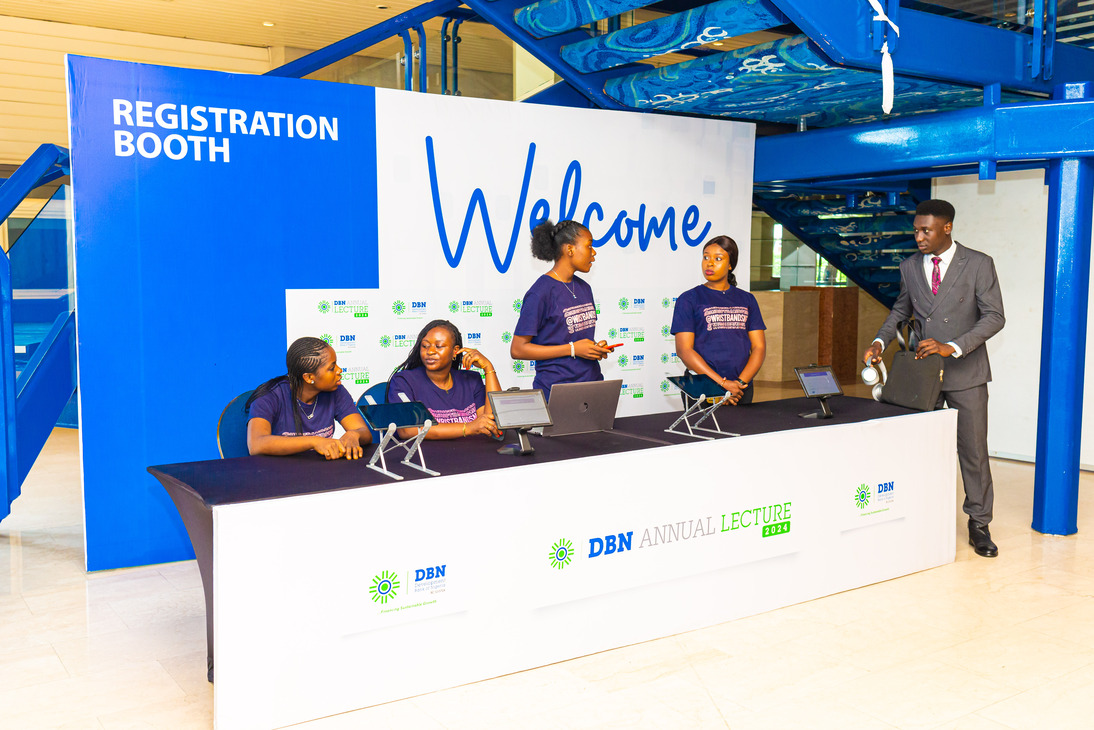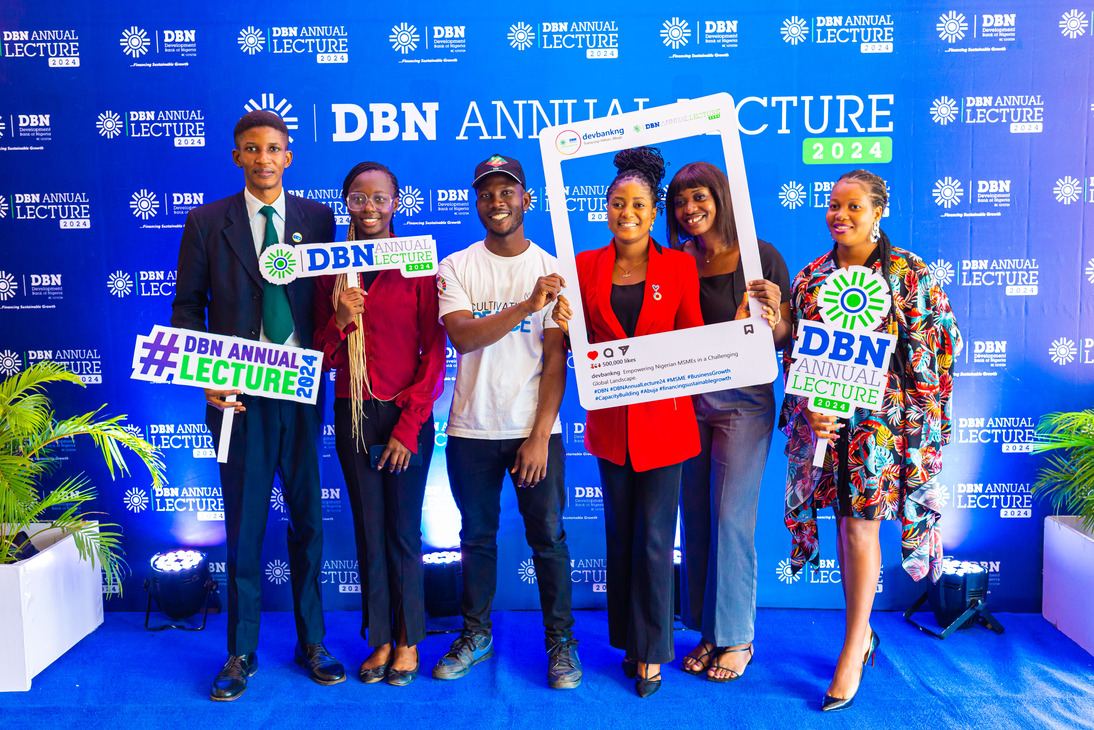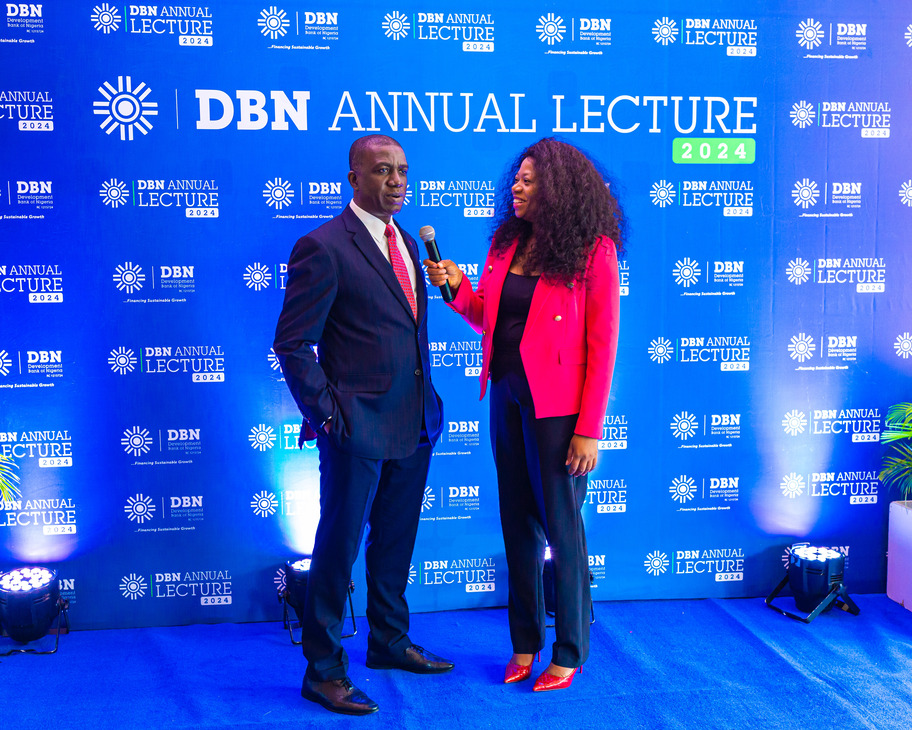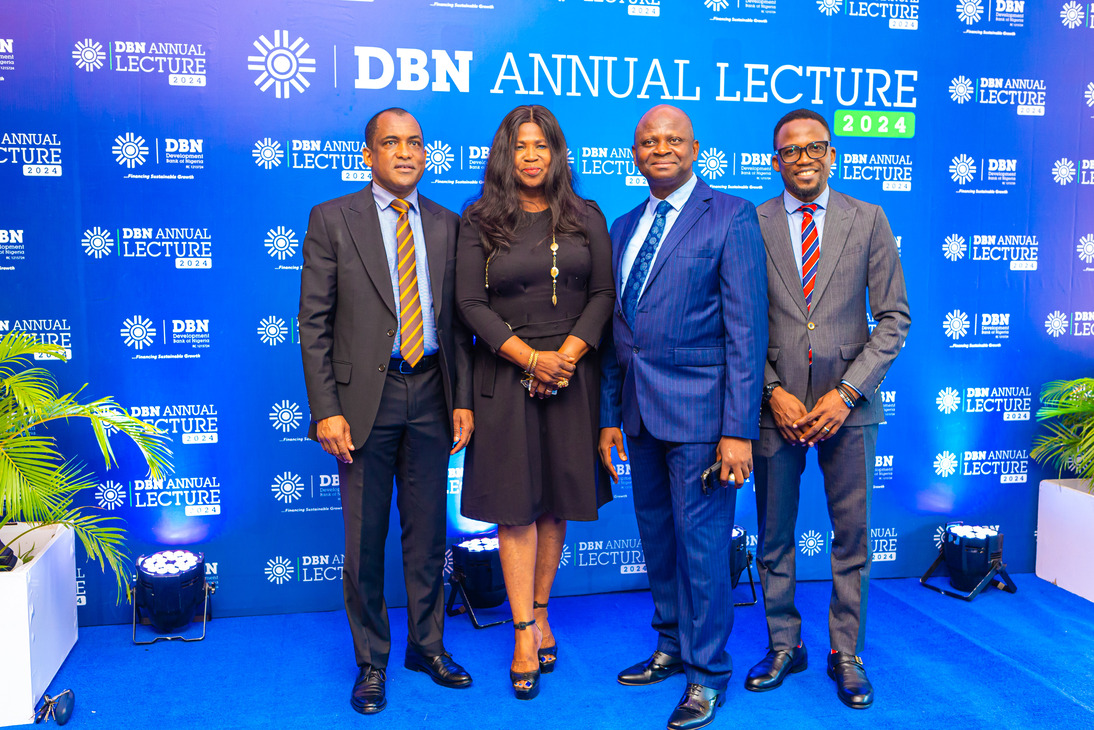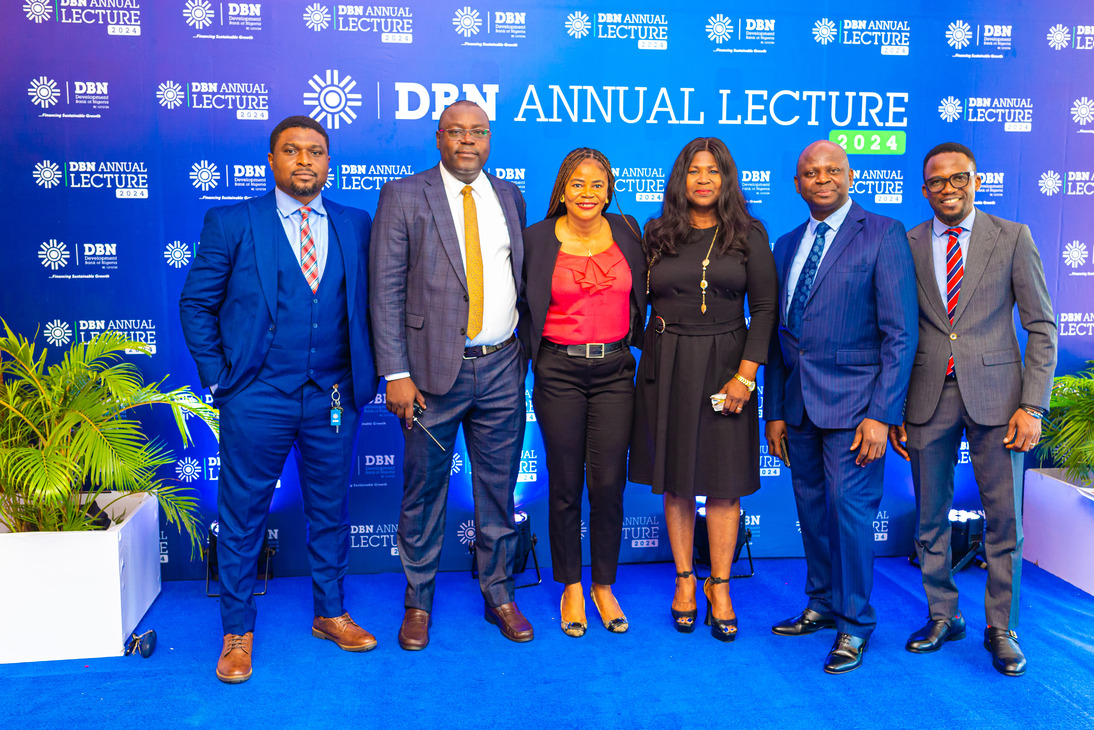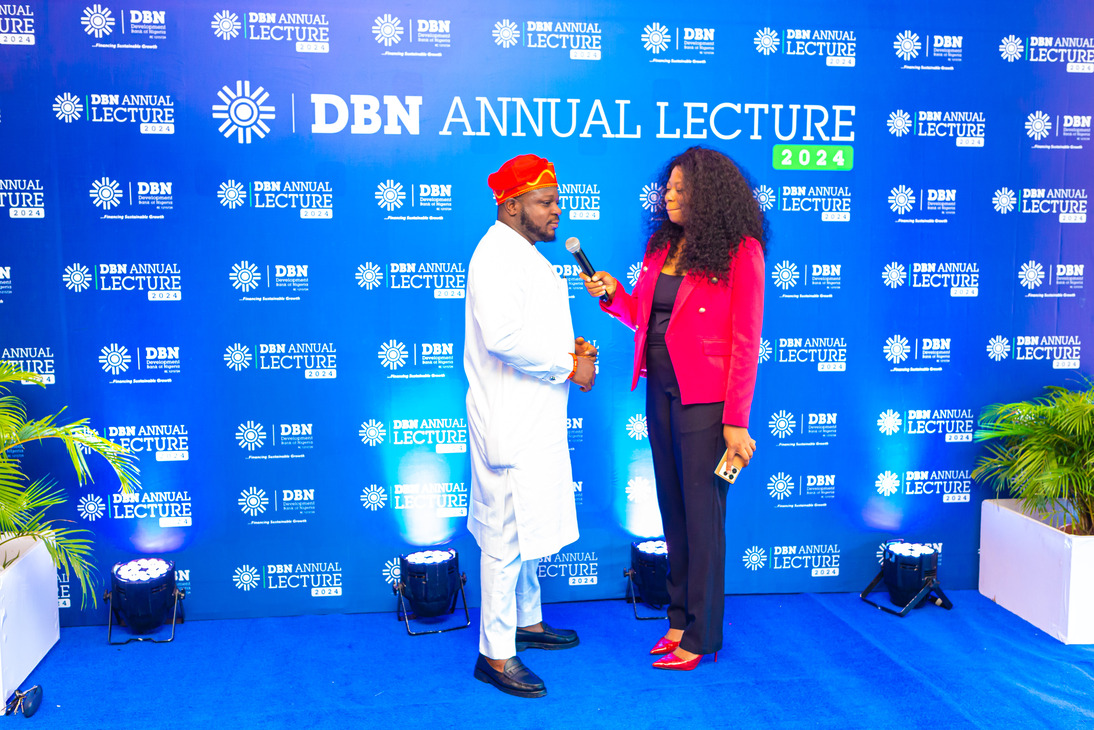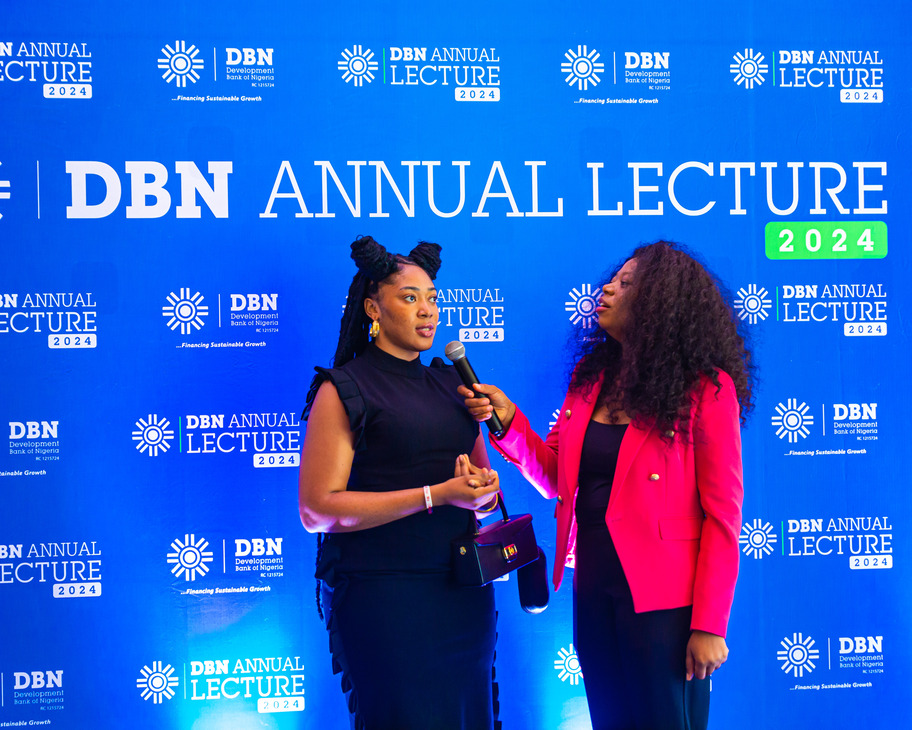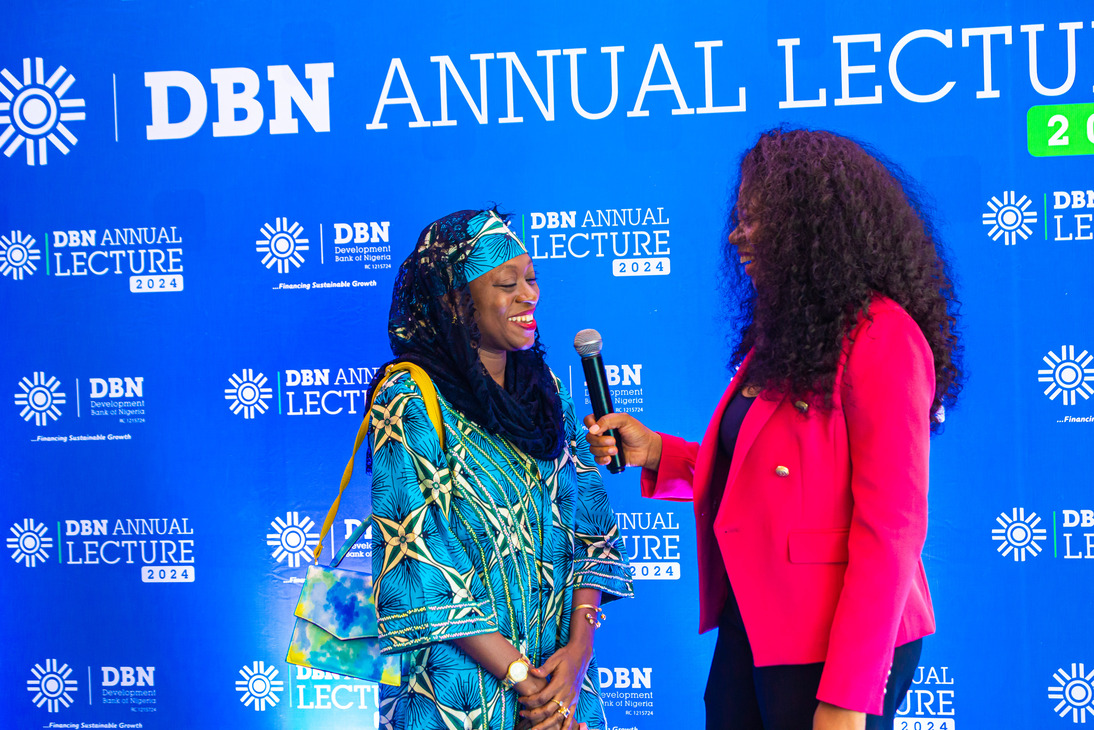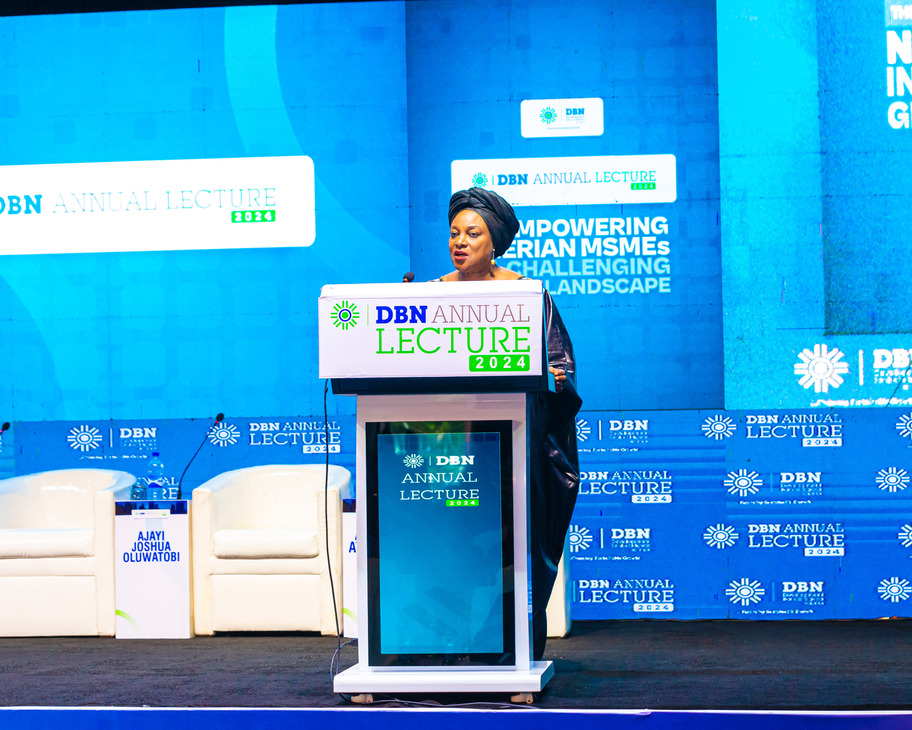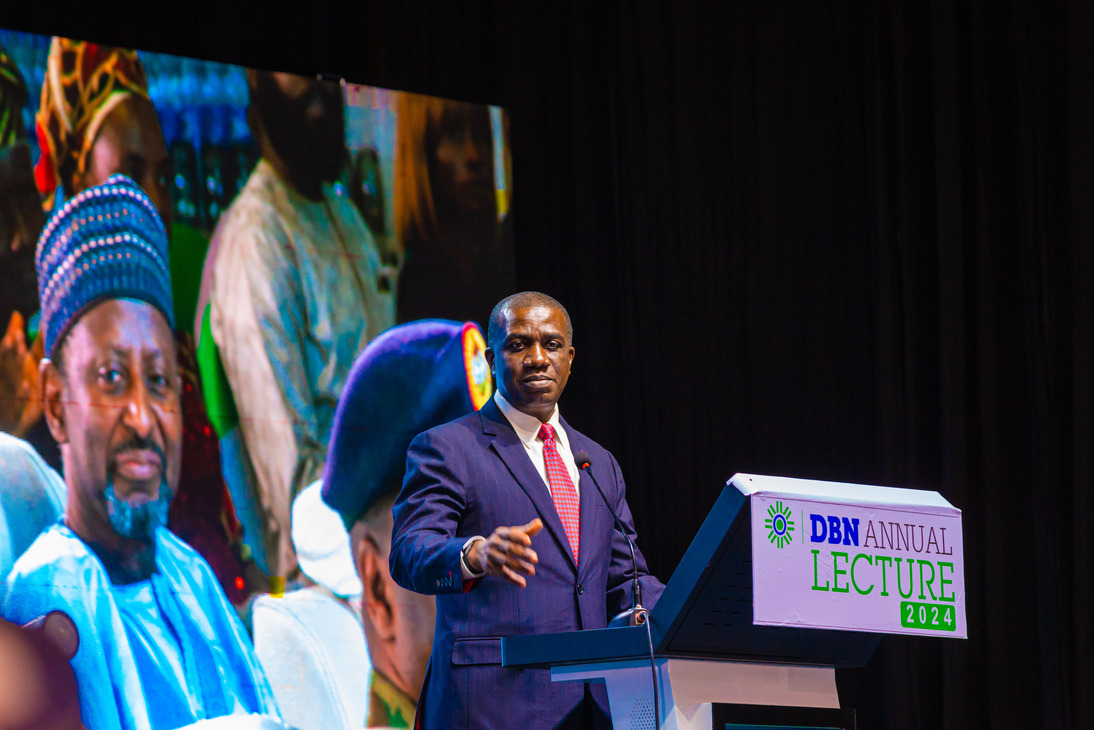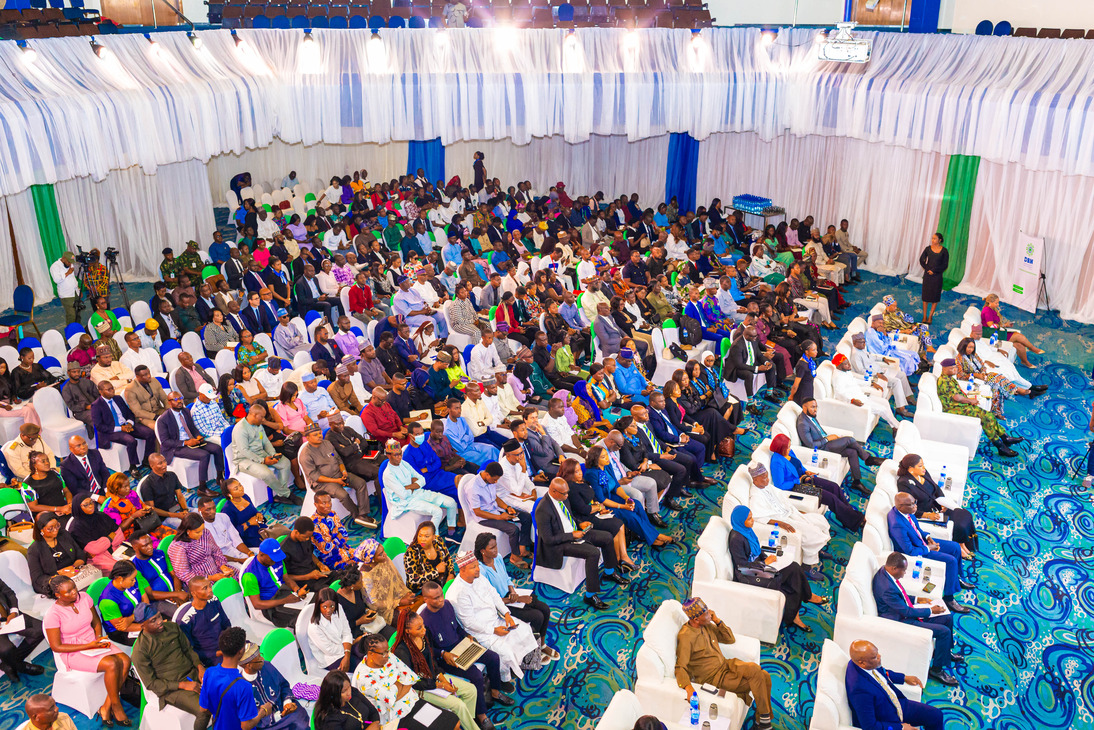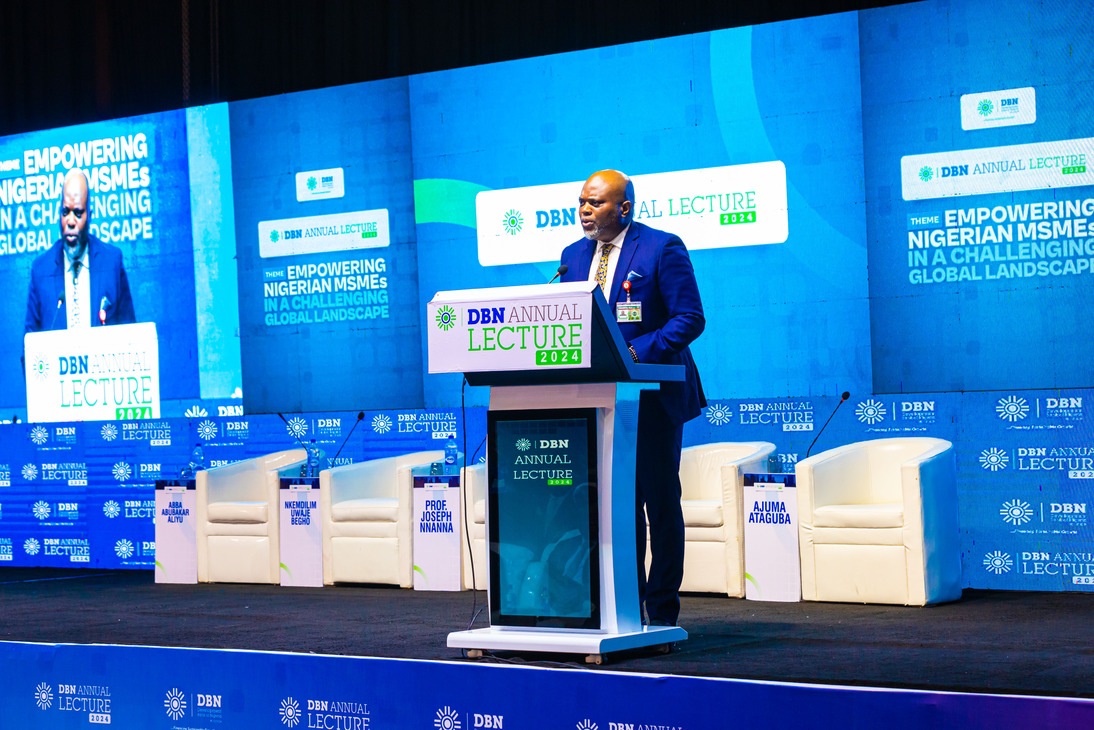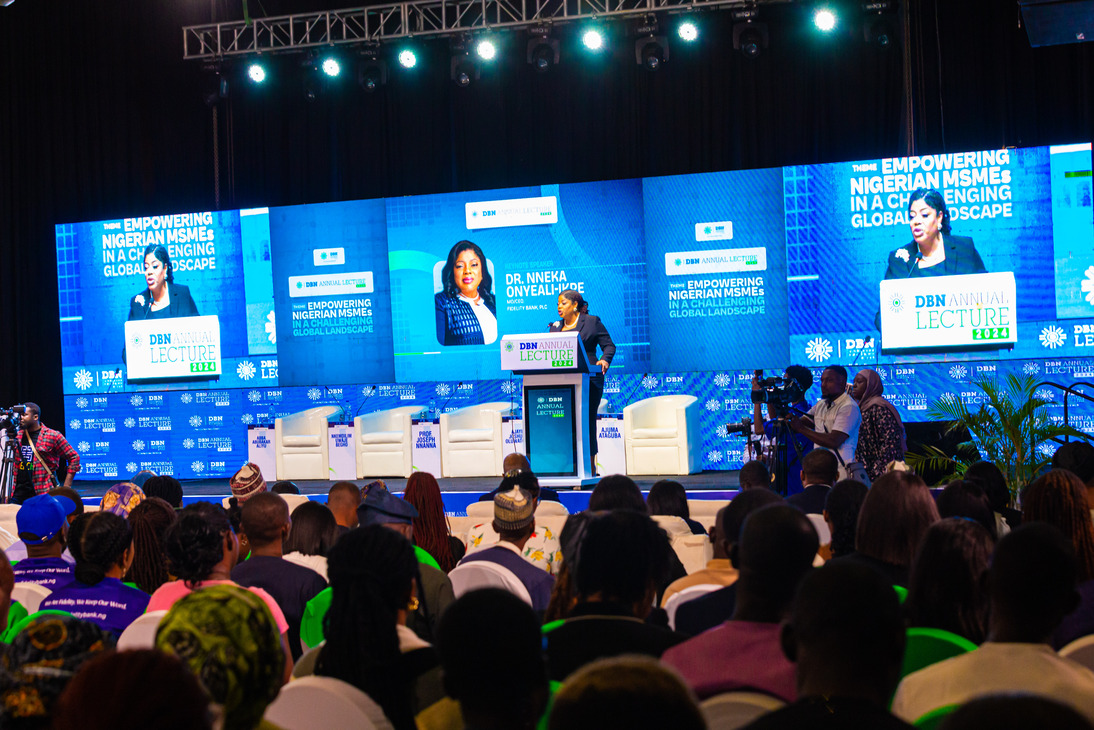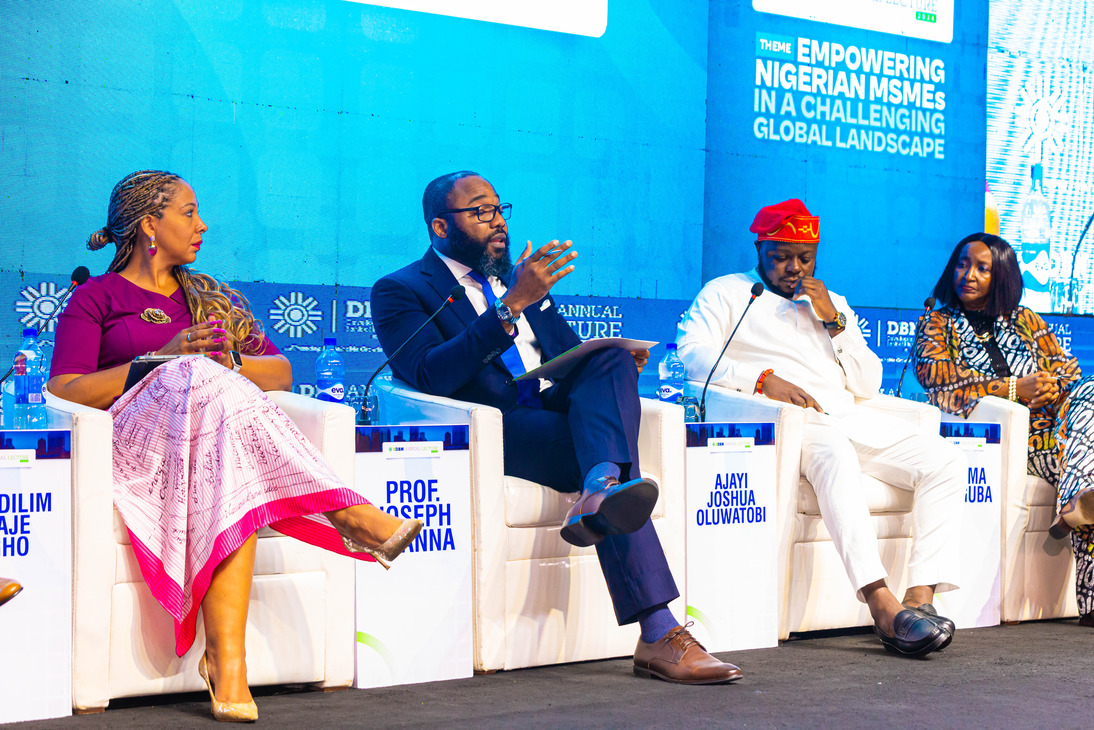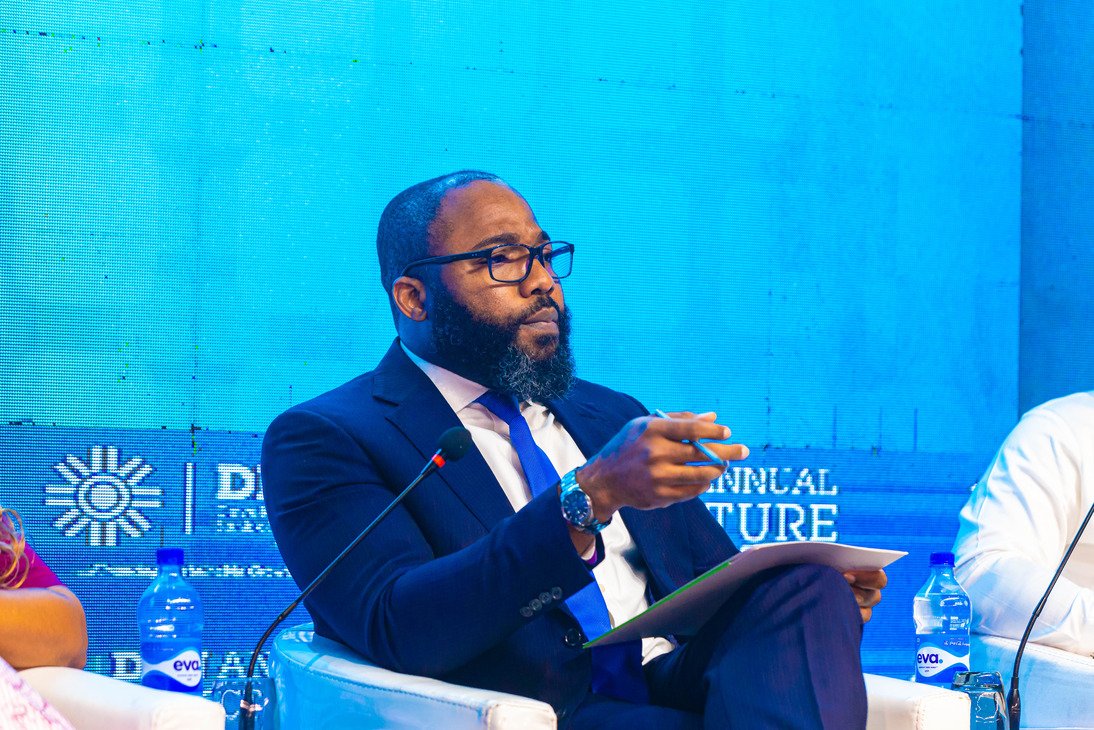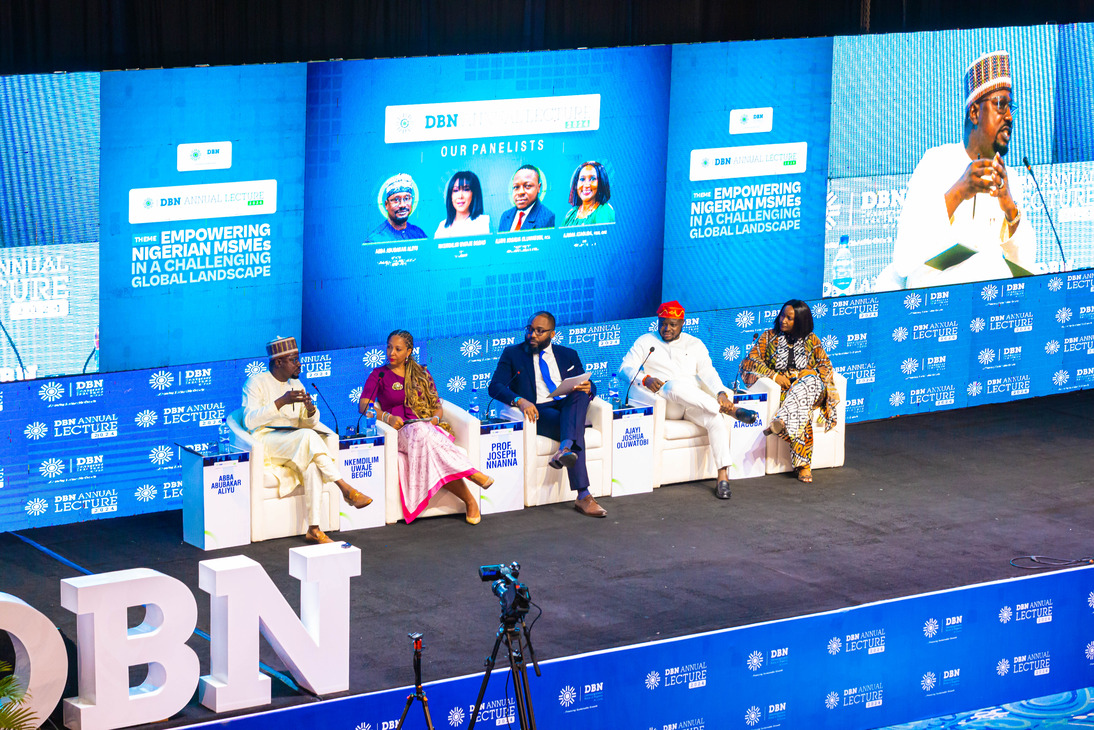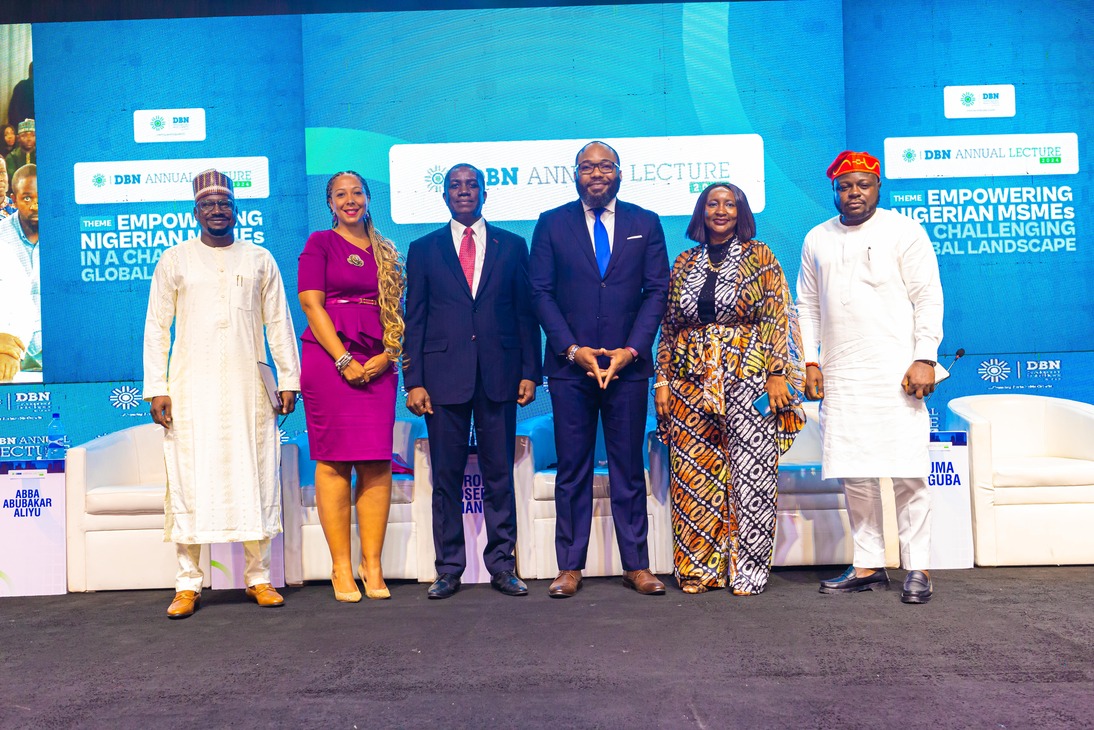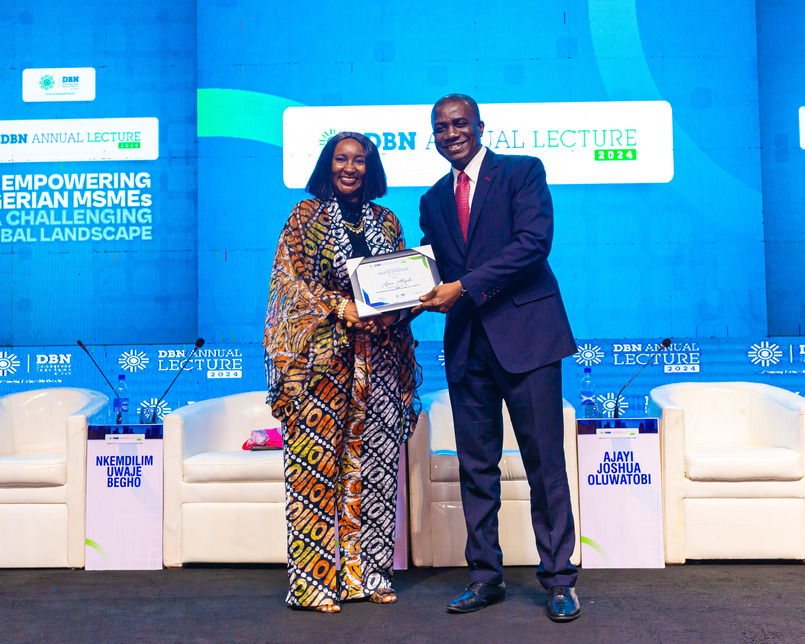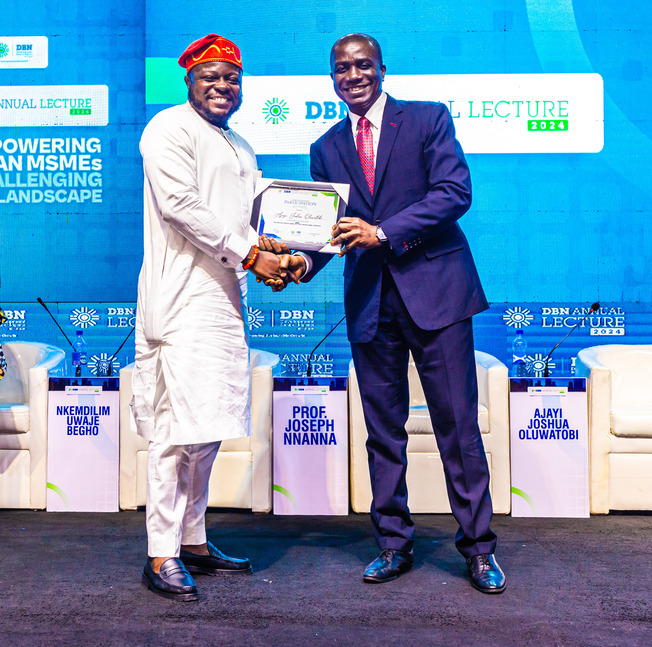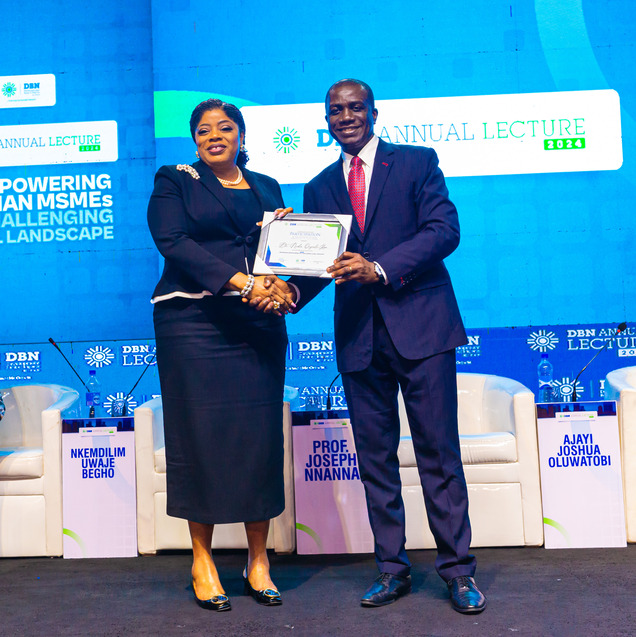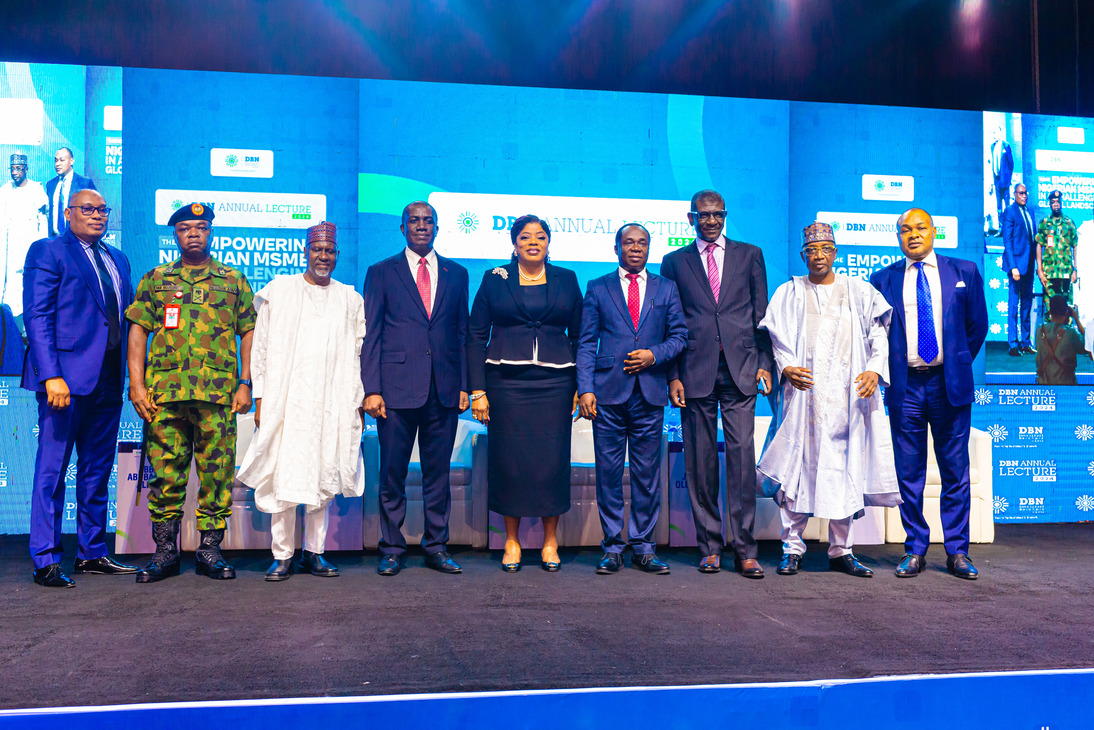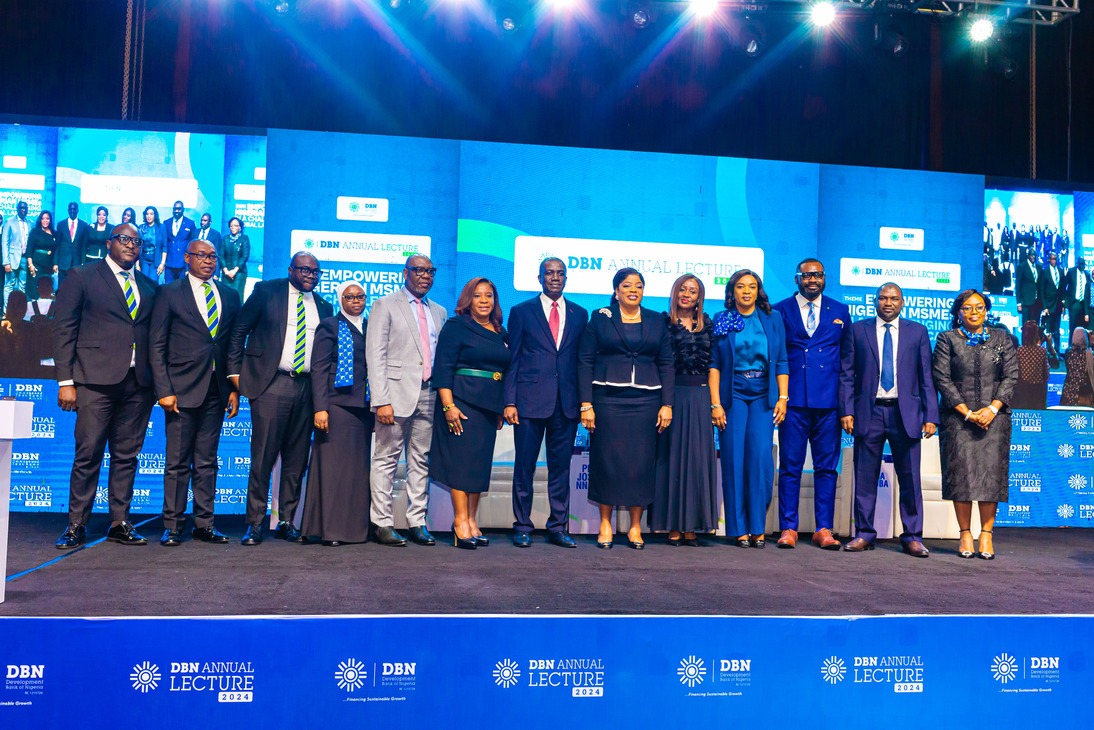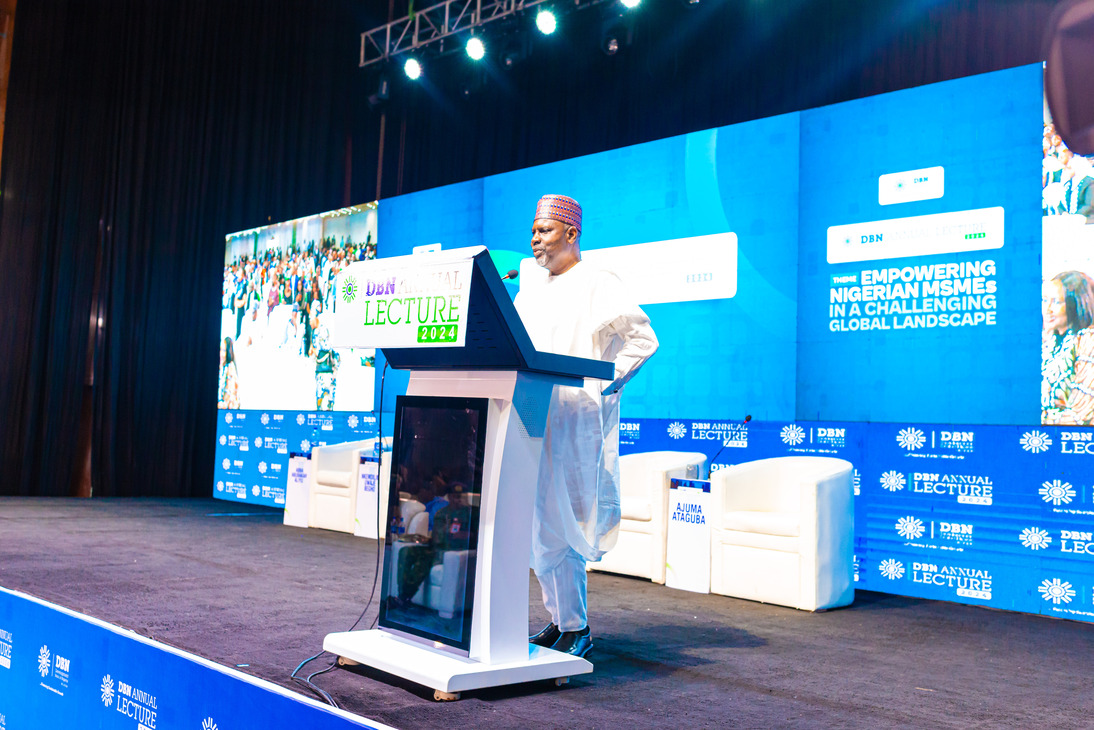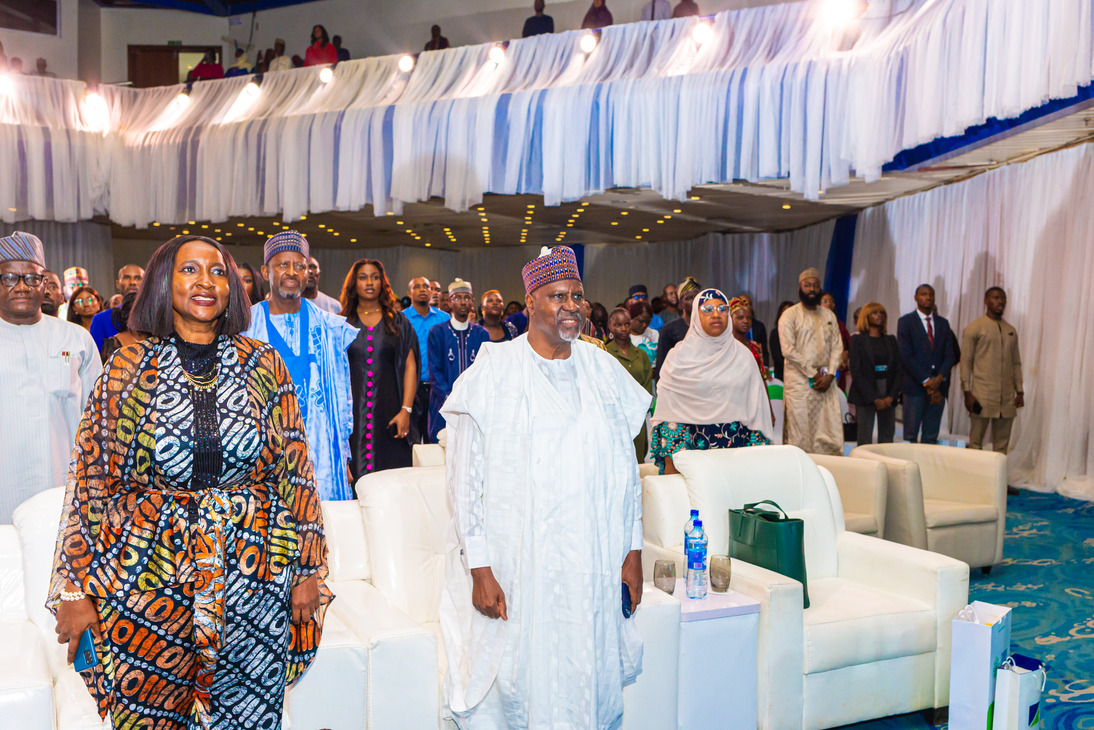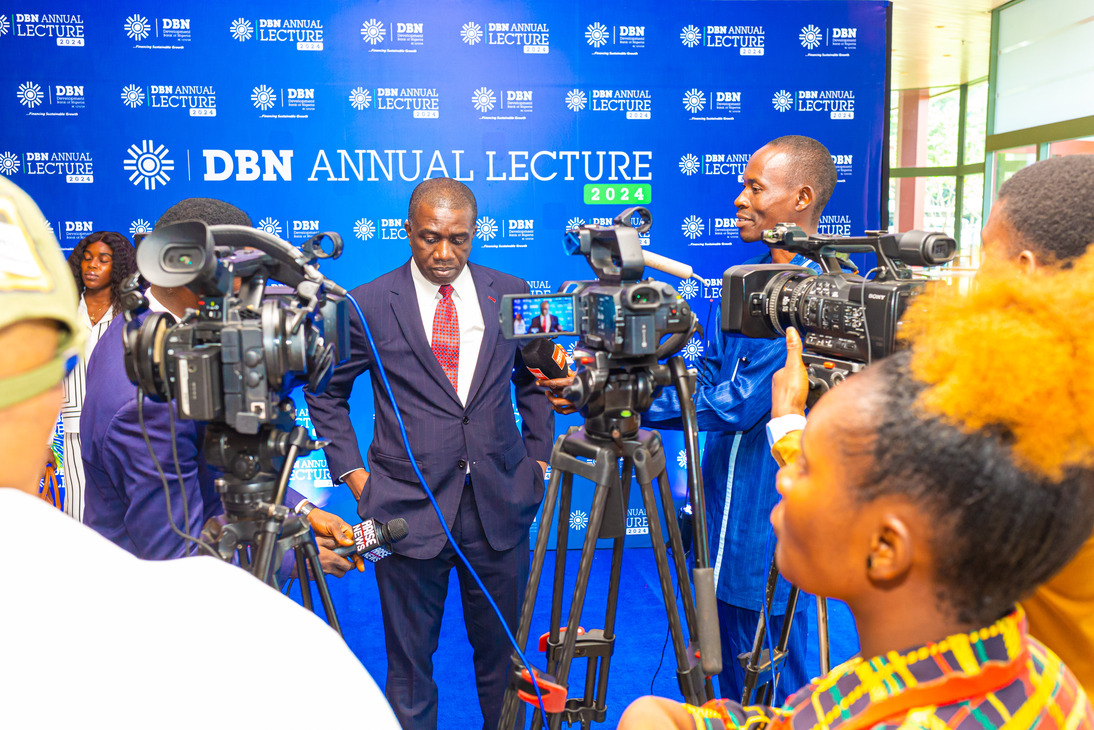Micro, Small, and Medium Enterprises (MSMEs) are vital to Nigeria's economy, driving job creation and growth. Despite their importance, they face significant local and global challenges that threaten their survival. MSMEs have been grappling with rising costs, inflation, unstable exchange rates, and reduced consumer purchasing power, which create uncertainty and hamper business planning.Access to affordable financing remains a major hurdle, as traditional loans are often out of reach due to strict requirements and high-interest rates. Additionally, global supply chain disruptions have led to delays and price fluctuations, impacting MSMEs' production and profitability. In response, the Nigerian government has introduced several initiatives, including grants and low-interest loans, infrastructure improvements, and programs to build a skilled workforce.While these steps are positive, further measures are needed to support MSMEs. This includes loan guarantee schemes to reduce lender risks, funds for innovative startups, and tax breaks to encourage investment. Improving infrastructure, simplifying trade regulations, and providing grants for research and development could also help reduce operational costs and promote innovation.Additionally, government-funded training programs could equip MSME owners and employees with essential skills, while streamlining business registration would make it easier for new businesses to enter the market. These strategies would create a more supportive environment for MSMEs, fostering growth, diversification, and sustainable economic development in Nigeria. A robust MSME sector will lead to increased job creation and greater resilience in an ever-changing global economy.To promote sustainable financing and inclusive growth, DBN organizes the Annual Lecture Series, which is open to various stakeholders in the Nigerian business community. This includes entrepreneurs, business owners, deposit money banks, microfinance banks, development finance institutions, cooperatives, small corporate organizations, traders, and the public with an interest in sustainable financing. The lecture series serves as a platform for engaging discussions and knowledge sharing on sustainable financing practices that can drive economic prosperity and social progress in Nigeria.
-
Submenu items
Gallery
